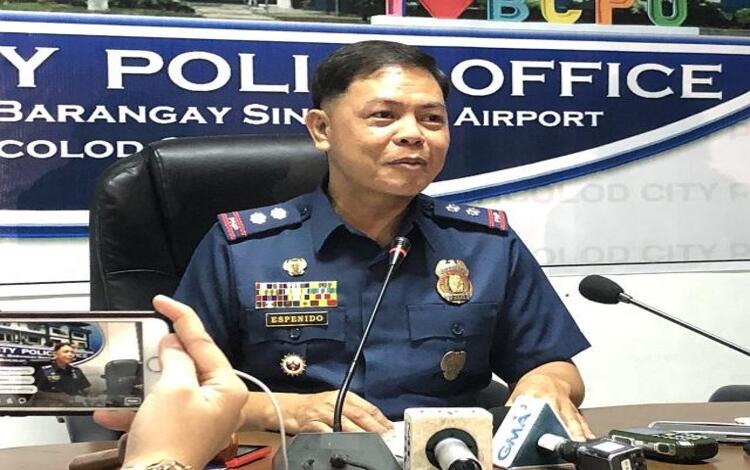Police Lt. Col. Jovie Espenido confirmed the existence of a quota and reward system during the war on drugs under the previous administration. Espenido made this revelation during the quad-committee hearing of the House of Representatives on Wednesday, August 28, which focused on extrajudicial killings (EJK), illegal drugs, and the Philippine Offshore Gaming Operators (POGO) industry.

Espenido acknowledged that a quota was imposed, requiring law enforcement to target 50-100 households daily suspected of involvement in illegal drugs. “I confirm that there was a quota and reward system in the implementation of the war on drugs during the previous administration. I truly wanted to implement it without causing deaths. When the leadership imposed a quota of 50-100 per day, we only took it to mean that we had to knock on the doors of 50-100 households suspected of drug use or pushing,” Espenido explained.
He further revealed that there was a reward system in place, where law enforcement officers received P20,000 for every kill related to the drug war. The funds for these rewards allegedly came from Small-Town Lottery (STL) operators or jueteng lords, who provided financial support to police regional commanders and provincial commanders. According to Espenido, the group responsible for the kill would receive the cash incentive.
Espenido, however, clarified that he did not issue orders for “tokhang” operations during his assignments, particularly in Albuera and Bacolod, and that no deaths occurred under his leadership in these areas. “I also made sure that the rewards my stations received were legitimate. For example, some LGUs would award 100,000 pesos for successful arrests involving big-time drug pushers,” Espenido added.
His testimony sheds light on the controversial methods employed during the war on drugs, which has faced criticism for its alleged human rights violations and the large number of deaths associated with the campaign. The confirmation of a quota and reward system raises further questions about the extent of the pressure placed on law enforcement officers to meet targets and the possible implications for accountability within the police force.
The hearing continues as lawmakers seek to understand the full scope of the policies and practices implemented during the war on drugs and their impact on communities across the Philippines.
